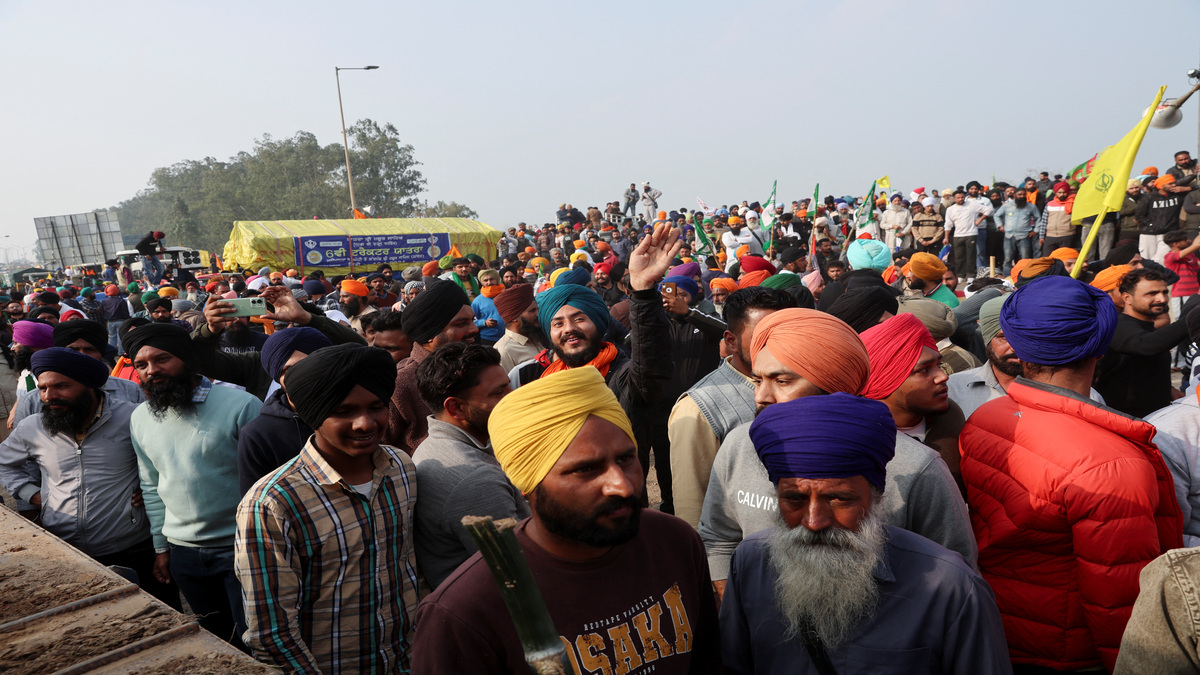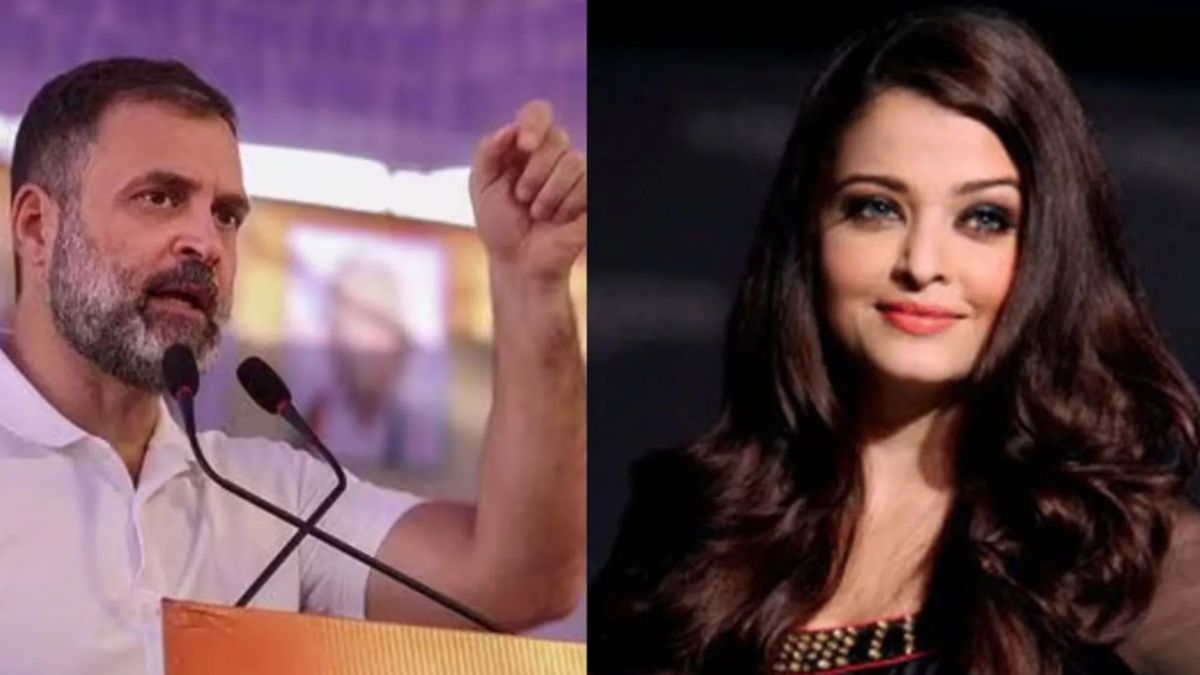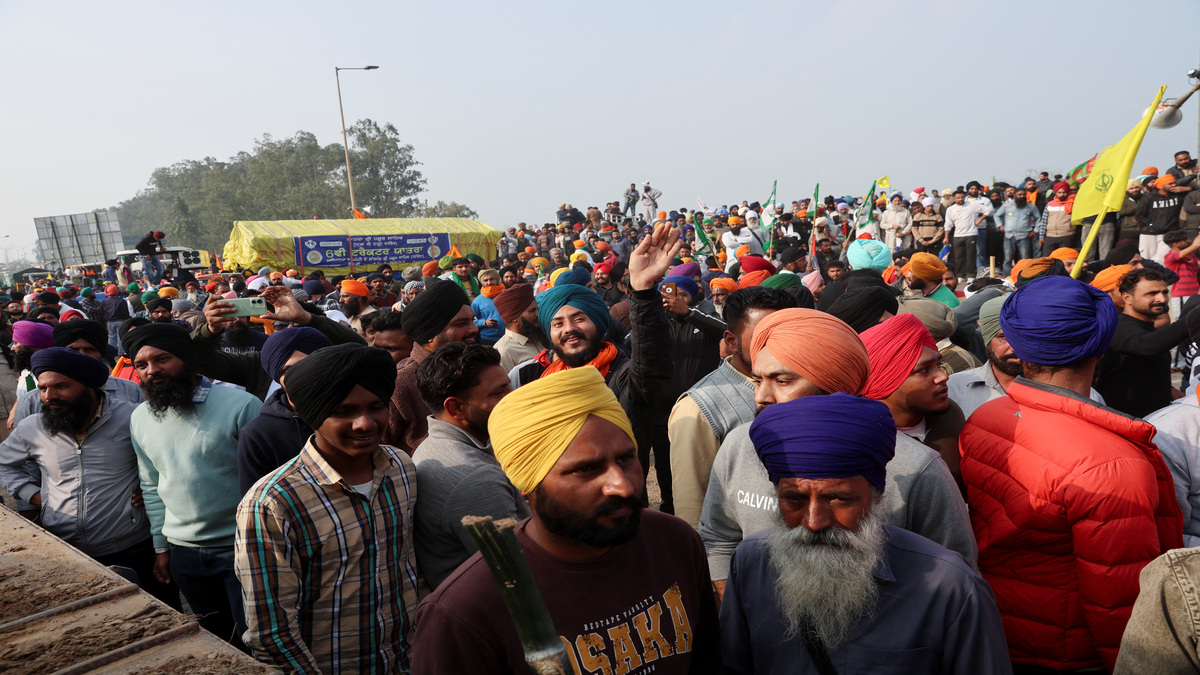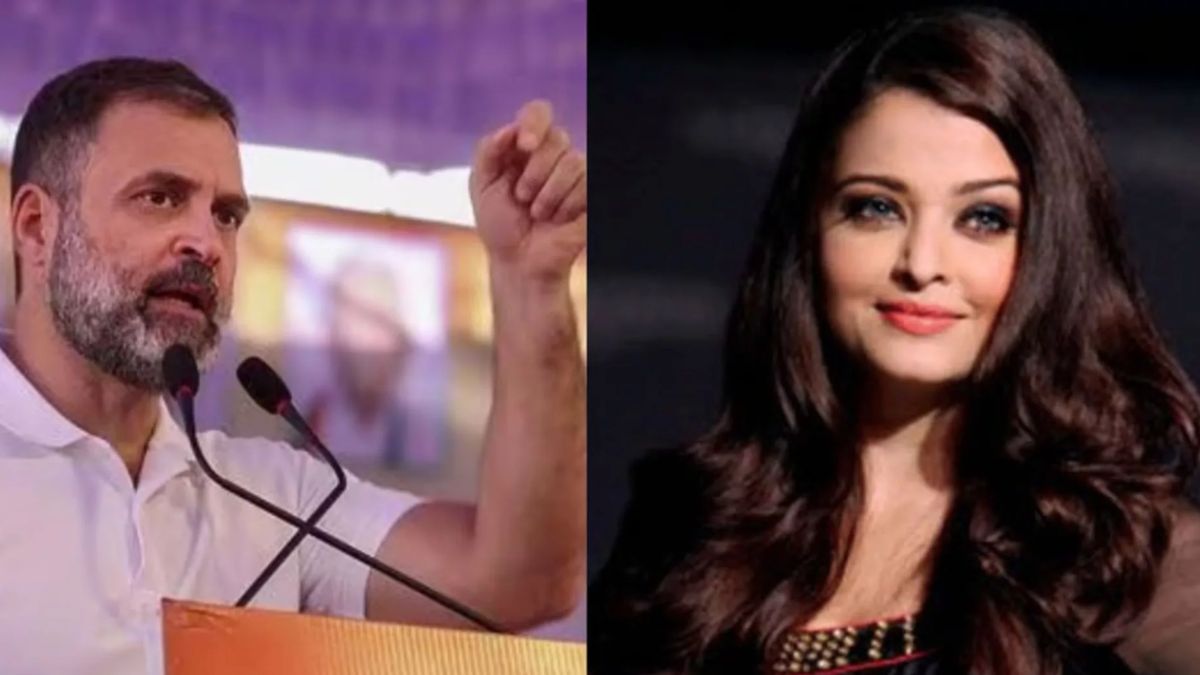The BJP has come full circle. After forcing a virtual abandonment of the “monsoon session” of Parliament by its vociferous demands for the PM’s resignation, the Bharatiya Janata Party (BJP) now wants a special session to discuss foreign direct investment (FDI) in multi-brand retail. It also wants to demand a vote on the subject, when and if parliament does meet. A defeat would be an embarrassment. It may not bring down the government, but would be a moral defeat from which the government would not find it easy to recover.
The party will, however, wait till Tuesday to start formal consultations with others, when it hopes the Trinamool Congress parliamentary party, second largest partner in the ruling UPA, announces a withdrawal of all its ministers from the government.
The central thrust of the BJP argument to convene a special parliament session is based on former Finance Minister and Leader of the House in the Lok Sabha, Pranab Mukherjee’s, statement in Parliament on 7 December 2011. In that statement, Mukherjee had announced that the government was suspending the “decision to permit 51 percent FDI in retail…till a consensus was developed through consultation among various stakeholders”. He also clarified that stakeholders would include all chief ministers, political parties and other groups concerned. That statement had then broken the logjam and allowed Parliament to resume normal functioning.
The BJP feels that it is breach of a solemn assurance given by the Leader of the House and thus has to be taken up on the floor of the Parliament.
Incidentally, to press its demand, the BJP would now have to petition Pranab Mukheree in his new position as President of India.
The move would give the BJP an alibi to return to Parliament and force the government to secure its numbers. The demand is designed to pressure the government on its parliamentary numbers, since major allies are opposing the move. It will also put the government’s claim, that it was willing to debate anything in Parliament, to the test.
Thus far, the BJP has been careful not to demand a no-confidence motion, but will look for other parliamentary devices to put the government in a tight spot. If a special session is convened for a debate of this nature, the opposition could demand that it be held under rules which require a vote. The situation would equally be critical for the Samajawadi Party and the Bahujan Samaj Party, which, in the past, have bailed out the government when it came to voting. They have so far been opposing FDI in retail. If either SP, with 22 MPs, or the BSP, with 21 MPs, side with the Trinamool Congress’ 19 MPs to vote against FDI, the government could lose moral shine.
The BJP and the NDA are hoping that the Left and other parties, who also oppose FDI, will join the chorus for a special session. The Left Front is mostly convinced of the need for a debate on any issue in Parliament. If that happens, it would give a major fillip to this demand.
FDI in retail does not require any sanction from Parliament for implementation. The government, thus, is not likely to easily give in to the NDA’s proposal for a special session, when it comes. The President is vested with special powers under the constitution to convene a special session, of course, but under the government’s advice.
The Opposition is hoping that the all-India bandh called on 20 September by the NDA, which coincides with another bandh called by the SP, Left Front, BJD, TDP and various traders association, will bring various parts of the country to a halt. The response to the bandh call will help all political parties to decide how far to take their protest against FDI in retail.
Manmohan Singh’s bold reforms will face their first challenge this week.


)




)
)
)
)
)
)
)
)